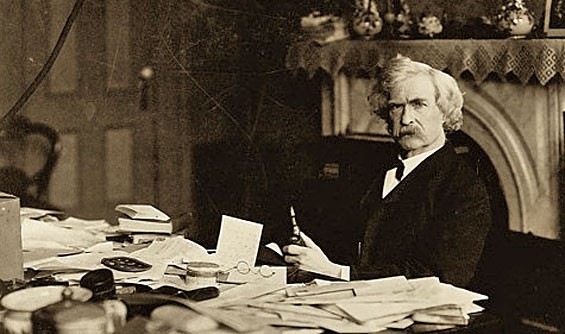Letters of Recommendation

Asking someone to write a letter of recommendation can be nerve wracking.It sounds so formal, and you may be anxious, hoping that somebody even thinks highly enough of you to be willing to write one.
Don't be nervous. Most people are more than happy to help support you in reaching your academic goals. Many of your potential references, especially former teachers, have probably done this many times before. Most people are aware of what’s involved, but don't depend on that. The point is, just ask. Start the process early, and you'll probably find you have plenty of support.
First and foremost, your references must be people who know you well personally. A letter from your favorite high school teacher will likely be much more meaningful and impactful than one from a high-ranking officer you met only once. You do need to be thoughtful about who you ask (and how). First, come up with an appropriate prospect list of people you know who could possibly write a letter of recommendation based upon their relationship and interactions with you. This should include military leaders, work supervisors, professors, and possibly even high school teachers if they may remember you well. You don't want to ask family or friends, your congressman, or your dentist. Trust us, it happens all the time.
Ideally, letters should address both academic and professional abilities. Think through the relationship you had or have with them, how well you knew one another, and the capacity in which they knew you. If you decide to pursue a professional letter of recommendation, then it should absolutely be from someone in your chain of command who can speak substantially about your work directly and also add information that isn't already in your application.
If you're currently a student and choose to ask several faculty members, consider asking individuals from different departments to write a recommendation letter. For example, recommendations from an English professor and a Math professor would highlight your academic strengths in vastly different subjects and would be especially helpful in applying to institutions that highlight a liberal arts education.
In terms of procedure, you should approach your potential recommender in person. If your current circumstances prevent you from meeting face-to-face, you should try to arrange a video conference, using phone or email as a last resort. If they need a reminder of who you are, that may be a sign you should not ask them. Requesting a recommendation letter in person gives you an opportunity to reconnect with those with whom you may have been out of touch and express your sincere appreciation for their support. Don't stress about this conversation. Just keep it simple to start, something like, “I'm preparing to leave the Army and I'm thinking about applying to college. Would you be willing to support my application with a letter?” Once you get the request out of the way, you'll have a great conversation. You should reach out to your recommenders as early as possible to give them enough lead-time to write a good letter. Be prepared to give them a resume, information about where you're applying, what program and majors you're considering, the deadlines for submission, and either the link to the online application or a stamped, addressed envelope if they must submit a letter by regular mail.
You may also want to share your college essays or personal statement to help them understand why you are applying to a specific institution. Knowing your ultimate goals will help them to craft a stronger recommendation letter. Take the time to speak to them about your future goals and why you're interested in particular colleges and universities to help them personalize their recommendations in ways that will greatly benefit your application package.
Monitor that your letters of recommendation get in on time. Many colleges' online application portals will allow you to see when a letter has been received. Keep an eye out to confirm your references' submissions have been received. If you're a couple of weeks away from the deadline, follow up with a gentle reminder. Some applications actually have a link that will do just that. Keep things on track, but don't become a nuisance.
Balance is key. Technically, you have the right to read everything in your college application, including your letters of recommendation. When you upload your reference's contact information into your application, you'll be asked to waive your right to view the letter. Once you make this choice, you can't change your mind. It's customary for applicants to waive their right to view their letters of recommendation. Think of it as a display of confidence in those writing your recommendations. Whatever you choose, let your reference know in advance. You can include a short statement in an email to them, such as, “Thank you for agreeing to support my college application. You'll receive an email from the college with instructions about how to submit your letter. I've also waived my right to view any material you should submit on my behalf.”
It’s a little bit of a leap of faith, but be tactical and get started. Trust that all the years of hard work and relationship building you’ve been doing will pay off with strong letters of recommendation as a part of your submission to win a spot at a right fit college of your choice.
Attaining Higher Education on edX
Prepare to transition to college using intentional decision-making. Aimed at active duty service members and veterans, with this course you will learn about the college admission process, including financial aid, to help you choose a right-fit college.

